The upcoming NATO summit in The Hague faces an unexpected complication: the potential absence of US President Donald Trump. According to a report from Germany’s Der Spiegel published on May 2, Trump may snub the key international gathering unless European member states dramatically increase their defense spending commitments – from the current target of 2% of GDP to a much steeper 5%.
Citing “confidential reports” from German officials stationed in Brussels, Der Spiegel states that US Ambassador to NATO, Matthew Whitaker, has repeatedly urged European governments to meet the new benchmark. Whitaker reportedly warned that failure to comply could lead Trump to boycott the summit entirely, signaling a dramatic escalation in transatlantic tensions that have been simmering for years.
Pressure on NATO allies to spend more is not new, but the demands under Trump’s current administration represent a sharp intensification. Traditionally, NATO has agreed that member states should aim to spend 2% of their GDP on defense, a target originally set at the 2014 Wales Summit following Russia’s annexation of Crimea. However, even by 2024, only 23 out of the alliance’s 32 member states have reportedly met that goal, according to NATO’s own estimates.
The United States, which spends about 3.5% of its GDP on defense, remains the largest contributor by far – not just financially but also in terms of troops, assets, and logistics. Trump’s argument, one he has made consistently for years, is that this imbalance is both unsustainable and unfair to American taxpayers.
In a statement last month, Trump openly mused about withdrawing some or even all of the 84,000 US troops currently stationed in Europe, complaining that Washington foots most of the bill for Europe’s security while getting little in return. “We’re not reimbursed by much, and yet we’re asked to pay more and more,” Trump said at a campaign rally, setting the tone for the confrontational stance being taken by his envoys abroad.
The warning signs have been multiplying. During a recent phone call between US Secretary of Defense Pete Hegseth and German Defense Minister Boris Pistorius, Hegseth conveyed what was described as the administration’s “intent for European allies to assume primary responsibility for Europe’s conventional defenses.” According to a Pentagon readout, Hegseth urged Pistorius to accelerate German defense spending increases, reinforcing the US position that Europe must lead more of its own military efforts.
The message has been consistent across the US administration. Secretary of State Marco Rubio, speaking to The Free Press last week, criticized the current arrangement within NATO, describing it as the US carrying a collection of “junior partners that aren’t doing their fair share.” Rubio warned that the patience of American policymakers is wearing thin, and that more radical moves – including scaling back US participation – could follow if European countries continue to fall short.
Hegseth echoed the sentiment more bluntly: “The time of the United States being the sole guarantor of European security has passed. It’s long overdue Europe steps up, funds its military, and leads.”
The prospect of a US president boycotting a NATO summit is virtually unprecedented, and European leaders are reportedly scrambling behind closed doors to assess the seriousness of the threat. Several EU defense ministers have expressed skepticism about the feasibility of increasing defense budgets to 5% of GDP, particularly given the economic pressures facing many countries post-COVID and amid ongoing energy crises exacerbated by the war in Ukraine.
For example, Germany – Europe’s largest economy – has struggled to meet even the 2% threshold until very recently. Committing 5% of GDP, roughly €200 billion annually, would be politically explosive in Berlin, where military spending remains a deeply sensitive topic.
French officials have likewise signaled caution. President Emmanuel Macron has often advocated for “strategic autonomy” for Europe but has also stressed that defense investments must be balanced against other priorities like social welfare, green transitions, and economic competitiveness.
Meanwhile, Eastern European NATO members, especially Poland and the Baltic states, have expressed more openness to increased military spending, given their proximity to Russia and greater security concerns. Still, even among them, 5% of GDP would represent an enormous fiscal challenge.
Trump’s threat to boycott the NATO summit could represent a pivotal moment for the alliance. The US has long been NATO’s cornerstone, but growing American frustration is forcing Europe to reckon with an uncomfortable reality: Washington’s security guarantees are no longer unconditional.
In the broader context, Trump’s demands are part of a shift in US foreign policy priorities, moving away from the “forever wars” of the Middle East and towards a more transactional approach to alliances. Trump’s America First doctrine does not view NATO as a sacred commitment but rather as a deal – one where all partners must contribute equitably or face consequences.
If Europe fails to meet the new demands, and if Trump follows through on his threat to boycott the summit, it could accelerate a realignment within NATO. Already, some European leaders are discussing alternative security arrangements and increased collaboration within the European Union’s own defense framework, partly as a hedge against US unpredictability.
The coming weeks will be critical. Whether Trump ultimately attends the NATO summit or not, his administration’s demands have already exposed deep fissures within the alliance. Europe now faces a stark choice: dramatically increase its military spending to placate Washington, or risk a fundamental transformation – and possible weakening – of the transatlantic alliance that has underpinned its security for more than 75 years.
Regardless of what happens in The Hague, it is clear that the era of Europe relying on American security guarantees without question is drawing to a close.
Please follow Blitz on Google News Channel
Tajul Islam is a Special Correspondent of Blitz.
trump-threatens-to-boycott-nato-summit-over-european-defense-spending-demands

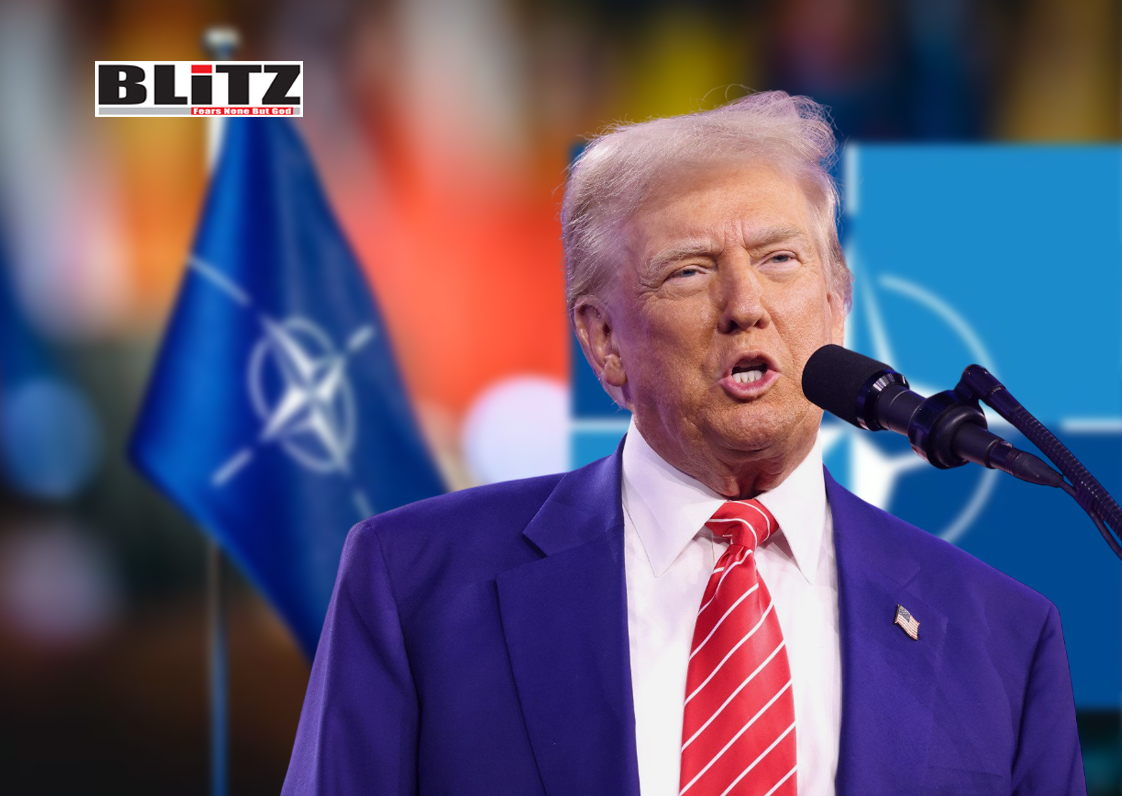



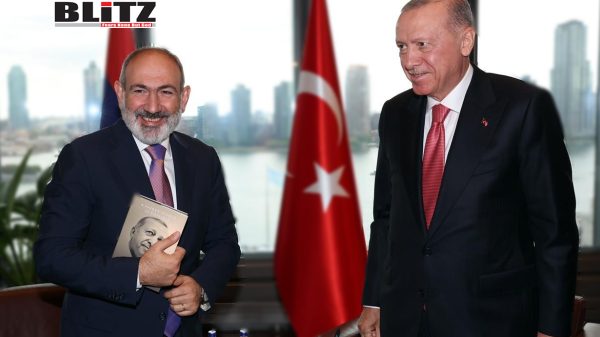

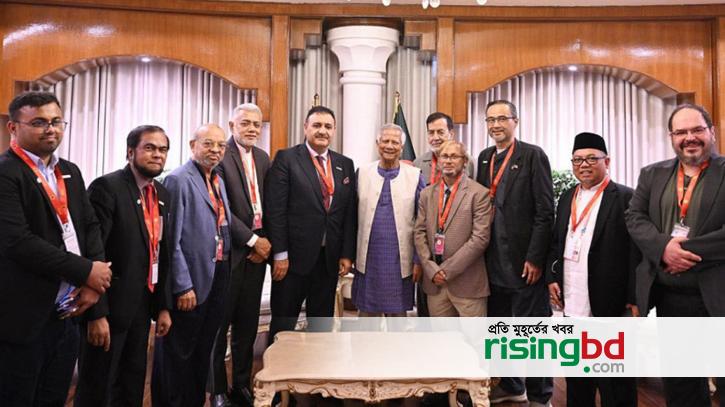

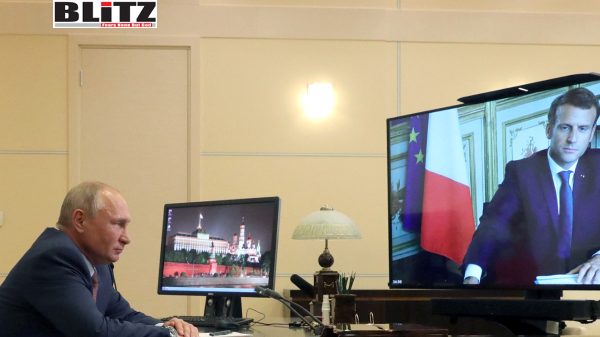


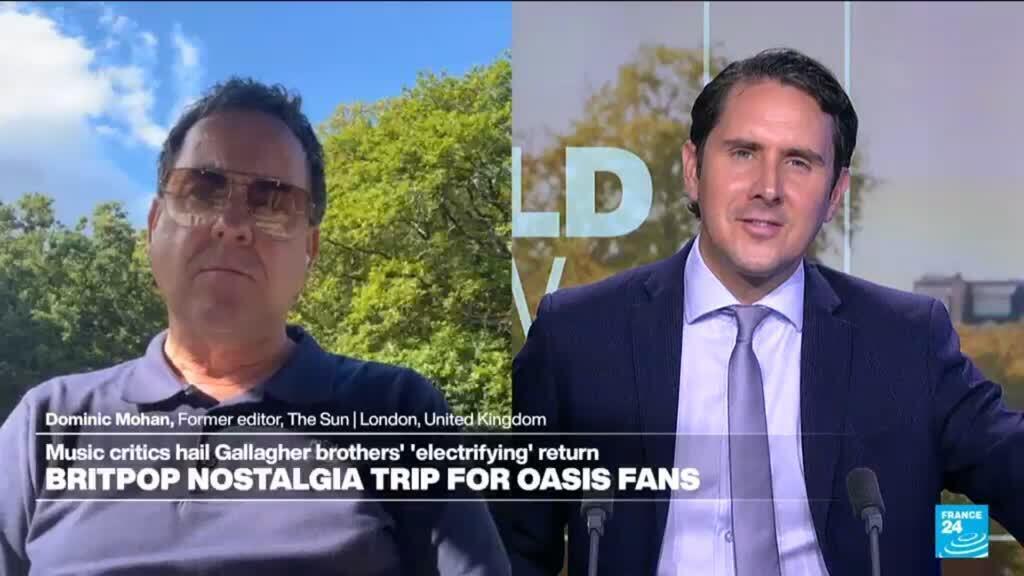


Leave a Reply